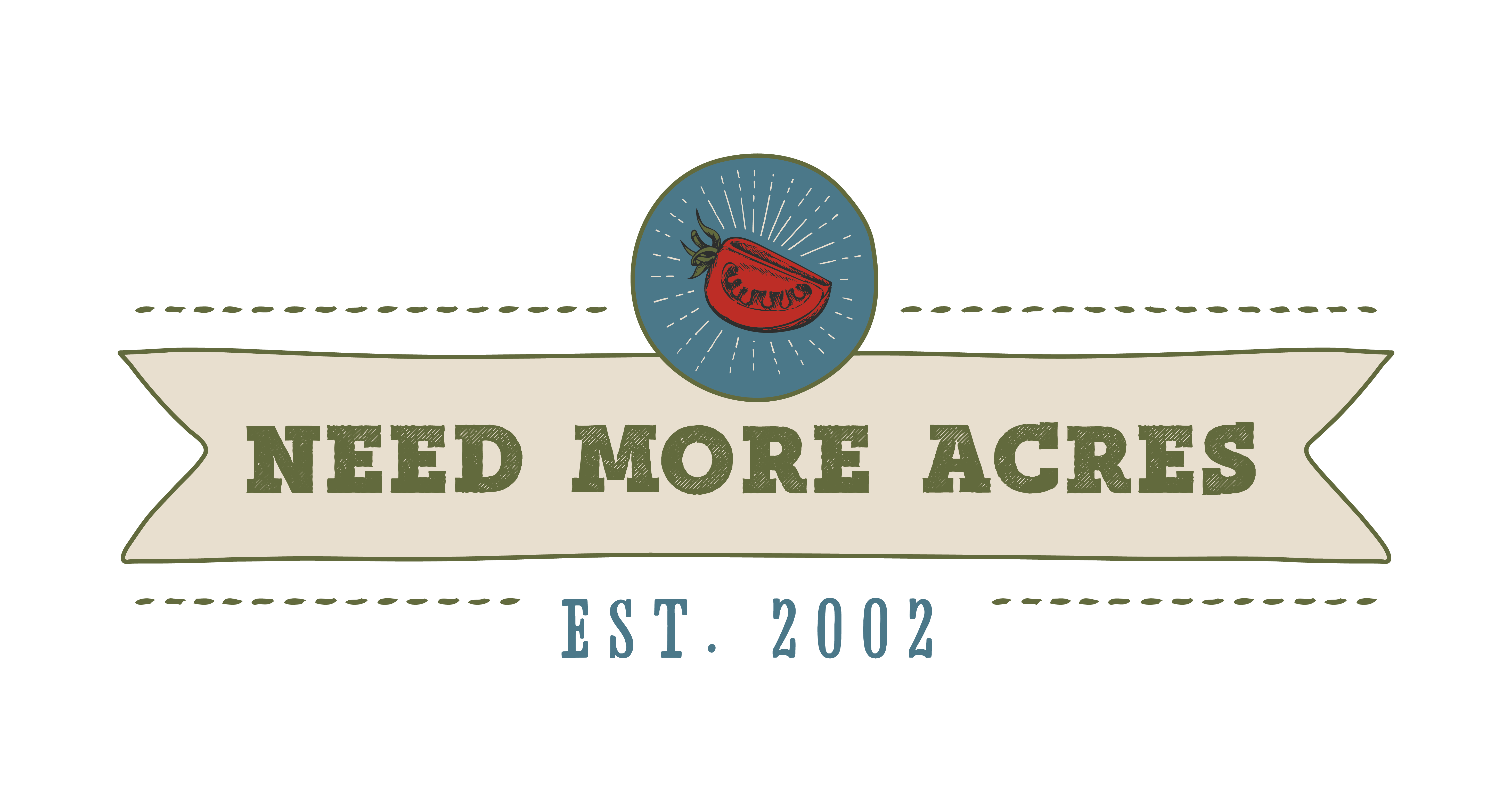Apply to Planting Seeds Program.

5 Obstacles to Farming Full Time
(and how we overcame them)
We were on the path of climbing the corporate ladder including a bigger house, two brand new vehicles, and mounting debt. Then we made one step in faith that made the world stand still long enough for us to catch our breath and think through how we would spend our time. We were given the opportunity to slow down, think, ask questions and change our path forever. This new path (full of plenty of bumps in the road) has lead us to our dreams. You know the ones…the dreams that were designed uniquely for you. The dreams that make you come alive and feel powerful. The dreams that leave you exhausted at the end of the day, but are worth every minute of hard work. We began living light and realized that having children didn’t have to break the bank.
After making the decision to begin living lighter we began to evaluate things that were holding us back. We quickly realized that it was all of our stuff. Most of our days were spent looking for things that were lost, moving our stuff around and feeling overwhelmed. We started the 100 Thing Challenge and then took it even further. This was a huge obstacle in our lives and one that if overlooked may have prevented us from having the freedom to find our passion.
3. Being Too Busy
One of the biggest motivation for us to slow down and live intentionally was our natural births. We realized that there were natural cycles of life meaning that at some seasons of life we can go at a faster pace than others. When our third child surprised us by coming two weeks late we learned that we aren’t in control and that space and time in our life can be a blessing. Full time farmers know that there are seasons when you work so hard that you don’t know if you can get up the next day to do it again, but there are also seasons of rest and a slower pace. With respect for time and a willingness to slow down we went on a search for real food and found mentors in the farming community. These mentors have equipped us with the skills, knowledge and support we needed to take this step.
4. Too Educated
There are 28 million less farming families now than there was in the early 1900’s. Most young people left the farm in order to pursue a better way of life which usually meant going to college and pursuing a career path that was rarely farm related. While we are thankful for our degrees and absolutely believe that they equipped us to do the work we are doing now there were some setbacks. Whether reality or not there was a sense that simply farming full time (especially small scale) was a waste of our degrees and work experience. We now see that farming to support a family of 6 takes a lot of creativity and definite business skills all of which we are thankful to have learned in college and in our earlier jobs. When we had children and decided to take the approach of life schooling we realized that our time here on earth is valuable and that we should spend each moment doing what we love and are passionate about. Working through our feelings about what a career path after college looked like has made us passionate about reaching out to younger people who are considering farming full time. In fact, we’ve come to realize that farming is a career path everyone should at least consider! Our country needs more young people to farm.
5. Fear
This is the most difficult one and something that everyone must face when going against the grain, swimming upstream, taking the narrow path. We’ve faced many fears along the way. What would others think of our decision to leave our jobs and farm full time? Are we good enough farmers, will our crops grow, what happens if there is a storm (we overcame this one during the last TWO Heirloom Tomato Fests. There was this level of perfection of farming and eating that we believed we must obtain before making this our livelihood. But after a lot of reflection and through community with others we relized that most food buyers need to know that they are not alone in the journey to simple steps towards real food. The only way to face your fears is to be willing to work through them. There were many moments when we doubted our ability to do this, but time and time again we were surrounded by support encouragement and filled with determination. We know that many more fears will come out along the way, but faith and peace will not be far away.
Apply to the Planting Seeds Program
How to Apply-We don’t really like rules, but here are some rough guidelines that might make it easier to apply.
-Let’s say start up businesses are those
who began in the last 5 years
-Approximate funding will be between $100-200
-If you think you might qualify then you probably do!
-We believe sharing success stories is important so please be prepared to share part of your story & photo
Visit our Planting Seeds page for more information.


